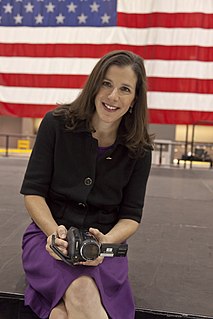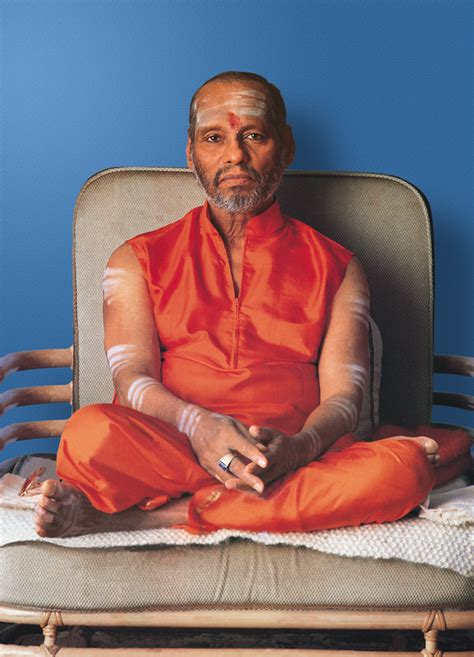A Quote by Bertrand Russell
As soon as we abandon our own reason, and are content to rely upon authority, there is no end to our trouble. . . . No Catholic, for instance, takes seriously the text which says that a Bishop should be the husband of one wife.
Related Quotes
For authority proceeds from true reason, but reason certainly does not proceed from authority. For every authority which is not upheld by true reason is seen to be weak, whereas true reason is kept firm and immutable by her own powers and does not require to be confirmed by the assent of any authority.
This must be our belief when we have a correct knowledge of our own self, and comprehend the true nature of everything; we must be content, and not trouble our mind with seeking a certain final cause for things that have none, or have no other final cause but their own existence, which depends on the Will of God, or, if you prefer, on the Divine Wisdom.
Our misery comes, not from work, but by our getting attached to something. Take for instance, money: money is a great thing to have, earn it, says Krishna; struggle hard to get money, but don't get attached to it. So with children, with wife, husband, relatives, fame, everything; you have no need to shun them, only don't get attached. There is only one attachment and that belongs to the Lord, and to none other.
There are three stories that are foundational to the Islamic narrative in which women, and in two of the three cases, single women, are not just part of the story. They're at the very center of the story. Yet, that is not something that you would imagine to be true if you survey the Muslim world from the outside or from the inside. Part of the reason is that we don't really take our text seriously. We don't take our stories seriously. We're almost afraid of thinking complicated thoughts.
And when someone suggests you believe in a proposition, you must first examine it to see whether it is acceptable, because our reason was created by God, and whatever pleases our reason can but please divine reason, of which, for that matter, we know only what we infer from the processes of our own reason by analogy and often by negation.
Foresight is good when it is subject to the latter, but it becomes excessive when we are in a hurry to avoid something we fear. We rely more on our own efforts than on those of his Providence, and we think we are doing a great deal by anticipating His orders by our own disorder, which causes us to rely on human prudence rather than on his Word.


































